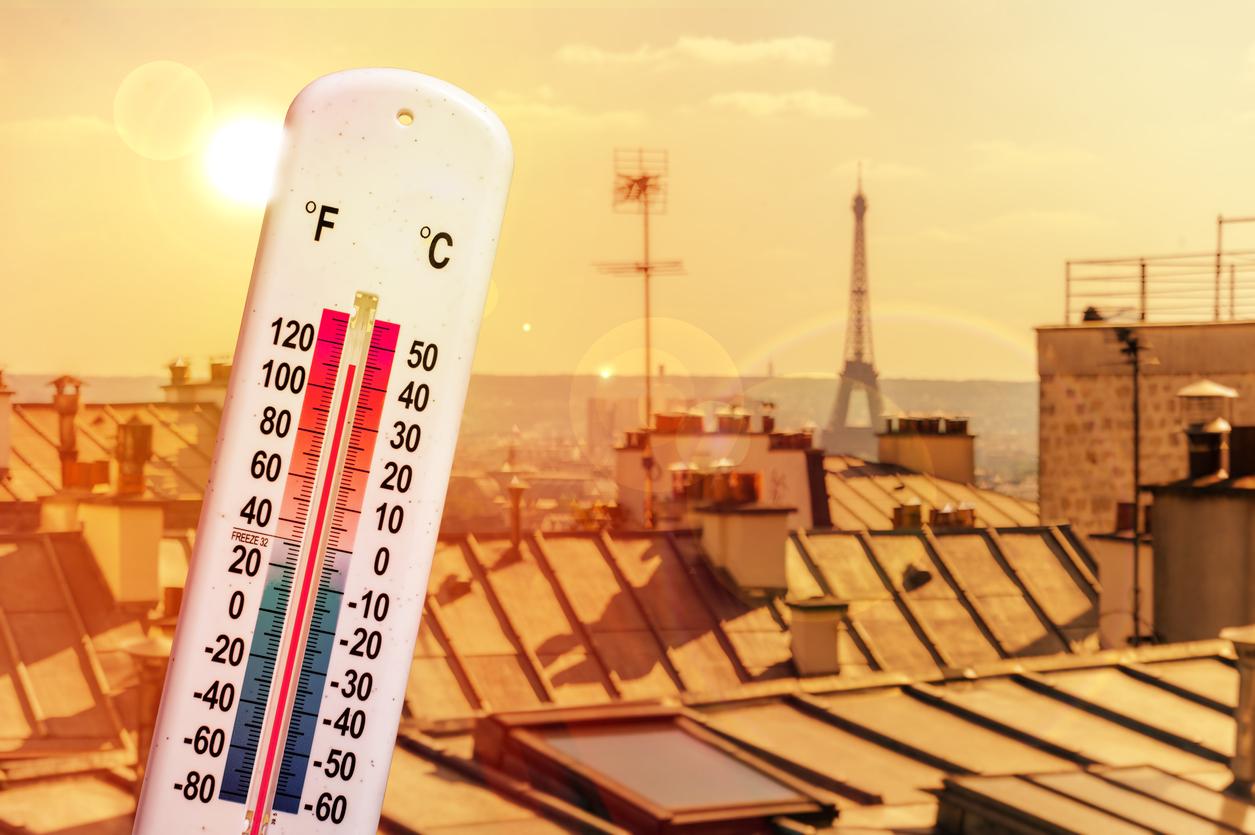
Among other measures aimed at financing public transport in Île-de-France, the Court of Auditors is putting the idea of an urban toll back on the table. Motorists would have to pay a daily fee to be allowed to drive in the capital as in London.
It goes away and it comes back, the idea of an urban toll. This little music can be heard again following the publication of the 2022 annual public report of the Court of Auditors. The institution says it is in favor of the establishment of such a system in Paris to finance public transport in the capital.

Congestion charging, not a new idea
It has been almost twenty years since London introduced the first urban toll in a large metropolis. To travel there by car, the daily rate is currently £15, or €17.84. Note that electric vehicles will no longer benefit from exemptions from December 2025. Several European cities have followed suit, particularly in Italy, Sweden and Norway. In France, this concept has been coming and going in bills for more than a decade. Close to materializing in certain large cities in October 2018, the urban toll project was abandoned the following month in the early days of the “yellow vests” movement. But after two years of health crisis and confinements which have undermined public transport managers, charging the right to drive in Paris appears to be a measure capable of encouraging and perpetuating public transport in Île de France according to the Court of Auditors.

Developing and sustaining public transport
Île-de-France public transport operators (RATP, Transilien and SNCF) were able to rely on the clauses of the contracts signed with IDFM (Île-de-France Mobilité, a public transport management body in the region) and obtain reimbursement of their pandemic-related losses from their public partner. It is thanks to state aid that IDFM was able to provide this compensation. The new contracts concluded between IDFM and the operators further protect the latter, in anticipation of possible new crises. The Court of Auditors therefore proposes various levers aimed at securing IDFM’s finances, relying on systematic state aid not being a viable strategy.

According to her, an urban toll would have an ecological virtue as another advantage. And other measures aimed at (taxing) motorists are on the table. ” It seems essential to further increase the measures encouraging the use of public transport, the increased use of which will generate new revenue while contributing to the preservation of the environment. This involves improving the quality of service and developing equipment and devices to promote intermodality “, can we read in the report. And one of the avenues being considered is to ” make Ile-de-France motorists contribute to the financing of the system according to methods that reconcile performance, environmental, economic and social objectives (urban toll, eco-contribution, TICPE*). »
TO READ. Paris, Marseille, Toulon… The cities with the most traffic jams in 2021
Double penalty for motorists in Paris
Access to Paris by car is already limited by the ZFE (Low Emissions Zone) which is becoming more and more restrictive from year to year, prohibiting the circulation of thermal vehicles that are less and less old over time. Following the publication of the report of the Court of Auditors, the association 40 Million Motorists denounces what it considers to be a social injustice. ” By adding to the application of the already existing ZFE, which deprives hundreds of thousands of users of their mobility who do not have the means to acquire a more recent vehicle, the urban toll would further reinforce this principle of discrimination by money by creating an additional tax on car travel “, she protests in a press release. And its president Daniel Quéro adds: “ Ever more restricted mobility, all-out traffic restrictions, a fierce political struggle against the car… With the French State, it’s “the more you pay, the less you have the right to drive” “.

Note that all the measures envisaged by the Court of Auditors to finance public transport in Île-de-France do not concern motorists. The report also mentions the possibility of use the property tax and the taxation of real estate capital gains of companies and communities benefiting from the commissioning of new stations. ” Given their technical complexity and high sensitivity, their implementation should be preceded by a phase of consultation and experimentation “, specifies the Court of Auditors.
*Domestic Consumption Tax on Energy Products
















